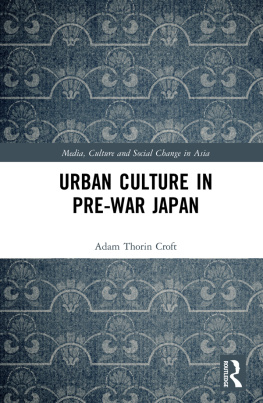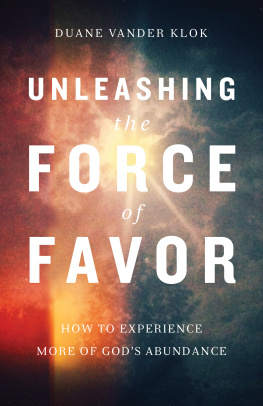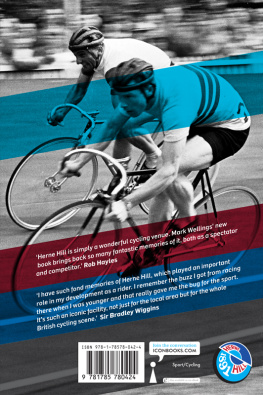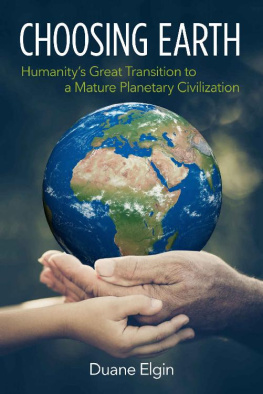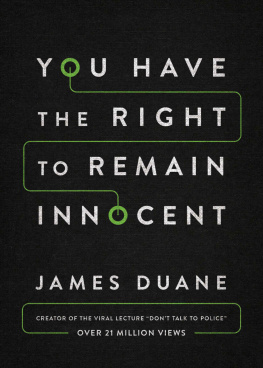This edition is published by BORODINO BOOKS www.pp-publishing.com
To join our mailing list for new titles or for issues with our books borodinobooks@gmail.com
Or on Facebook
Text originally published in 1956 under the same title.
Borodino Books 2017, all rights reserved. No part of this publication may be reproduced, stored in a retrieval system or transmitted by any means, electrical, mechanical or otherwise without the written permission of the copyright holder.
Publishers Note
Although in most cases we have retained the Authors original spelling and grammar to authentically reproduce the work of the Author and the original intent of such material, some additional notes and clarifications have been added for the modern readers benefit.
We have also made every effort to include all maps and illustrations of the original edition the limitations of formatting do not allow of including larger maps, we will upload as many of these maps as possible.
A RIDE TO PANMUNJOM
BY
DUANE THORIN
1. FORTUNES OF WAR
PRISONERS ALL
THE AIR WAS HUMID. The warmth of the morning sun was beginning to draw vapor from the ground and with it the familiar stench of the rice paddies.
Korea, early September, 1953.
An orating chinaman paced back and forth in front of some fifty prisonersfifty Americans seated on the hard-packed ground waiting, as they had done countless times before, while a long-winded communist gave them a propaganda lecture. But this time they waited less glumlybored and impatient, instead of sullen. For this was the last one.
Even the chinaman doing the talking didnt seem as enthused as usual, Perhaps during the first days of the repatriation process he had been all fired up with the importance of the message he was relaying through the returning Americans to the downtrodden masses in the United States. Now his political superiors would have been displeased at his lack of exuberance. Perhaps it wasnt entirely his fault; things were not the same as before. With loyal subjects one could expect the desired response at precisely the proper moment; but now, under the eyes of their more stolid fellow prisoners, even the most pliable of the progressives and pinkies failed to react properly.
That was understandable, too. True, even this morning some had slyly talked with the communists off to the side about working for peace. Perhaps they did so from habitmore likely from fear. But now they whispered, and they sneaked glances to see if any other prisoner noticed. Certainly, they were in a tough spot. To displease the chinamen at this moment might, for all they knew, result in their being withheld from repatriation, that day or forever. On the other hand, in a couple of hours, after a ride to Panmunjom, someone might very well point a finger and say: Theres one of the lousy rats!
At the beginning of the spiel, most of the Americans lapsed into stony silence. In their many months as prisoners, they had found this their best protection against the constant harangue of communist propaganda. You had to learn to ignore it, or you found yourself repeating it. Repetition, even in jest or derision, could develop into habit. Argue against it? Could you drain the ocean and walk across the bottom?
Sergeant Wolfe sat cross-legged, elbows out against his knees and chin resting on his hands. He shut out the chinamans words by reviewing the past few hours. There still were some things to figure about last night. Theyd left the tent camp about sundown and traveled mostly west for half an hour to reach Kaesong. Then theyd doubled back to come eastward for almost as long a time before they reached this place. It was impossible to mistake the directions because it had been a clear night. They must be no more than a couple of miles from the tent camp now. Perhaps in taking such a roundabout way the captors hoped to confuse the prisoners so that they couldnt report the location of the camp to the American forces after repatriation. Yes, the Sergeant told himself, that must be the reason.
Despite the efforts of the warmongering UN to prolong the useless killing!
Hearing the chinaman again, the Sergeant wished the problem about last nights journey hadnt been so simple. Now he had to find something else to think about. Shifting his head slightly, he looked around at the rest of the prisoners. Lieutenant Shiller was only a few feet off, but thinking about him would be almost as bad as listening to the chinaman. A little farther away, Sergeant Peters and Doc Bowmar were engaged in a clandestine game of tic-tac-toe, with Guston the sailor acting as spectator and sentry. Sergeant Wolfe lifted his eyes to see if any of the chinamen had noticed the game, and even this small attention was enough to open his ears to more of the lecture.
Even while the UN forces were torturing, killing, and maiming our comrades in the Hell Prison at Koje, you have been treated fairly, even kindly, in keeping with the lenient policy of the Chinese Peoples Volunteers and the humanitarian principles of commu!
The Sergeant looked back at Pete, Bowmar, and Guston, shutting out the chinamans words again, remembering how he had come to know these three men. Friendship sometimes grew from peculiar things. With Pete, Bowmar, and Gus, it had started with pine boughs, blood on the snow, a Korean honcho, and a bar of soap. They were the first Americans Wolfe met after he was capturedquite some time after, because of his first interrogation and solitary confinement.
It had been great to hear American voices and grasp friendly hands again. Peters was an Army master sergeant of considerable experience. GustonGus the sailorhad been crewman on a Navy plane. Doc Bowmar was a young medic, a lanky, freckle-faced youngster, just twenty-one. Both Gus and Bowmar were wounded. The sailor had received two nasty flesh wounds from rifle fire as he floated down in his parachute; and Bowmar, true to his profession, had also taken a couple because he stayed too long in a hotly contested area to help others out. Guss wounds were badly infected, and Bowmar had a finger that looked ready to fall off.
They were still at the North Korean interrogation center then, confined in a seven-by-ten-foot room with seven otherssix Americans and a South Korean. The interrogators tried hard to make the prisoners feel dependent and helpless. Even a drink of water was provided only on request and not always then.
They were fedwell fed, according to the honcho, the chief interrogator. Mostly they ate rice, which was all right, if there had been enough of it. Sometimes there was seaweed soup, which helped a bit with the winter cold. If they complained about the food, the honcho would say, I eat same food as you.
And he did. Of course, he had more of it and other things, too. But if you put yourself in his place, you found no particular reason why he should cut his own rations short for sake of the prisoners. The honcho wasnt living very high off the hog either.
Nor did the prisoners particularly mind the work details, since it wasnt unduly hard work. They got tired and weak from poor diet and dysentery, but it was better to gather pine boughs for firewood than to stay cooped up in the little windowless room. The worst thing was that the work often reopened Guss wounds and made him lose blood which under the circumstances he didnt have to spare. The others tried to keep him from carrying a big load or doing other things that might start the bleeding.




